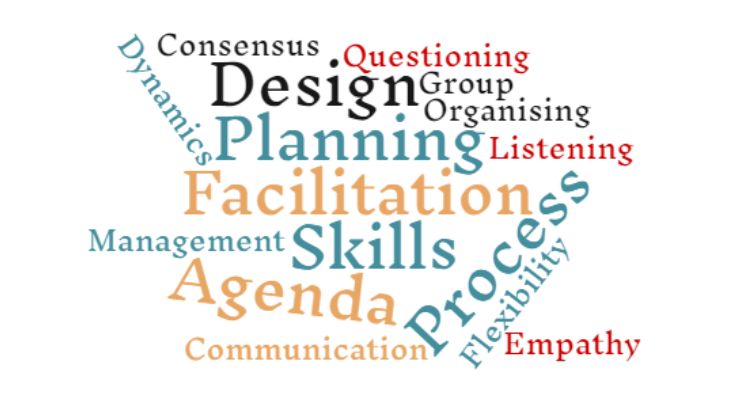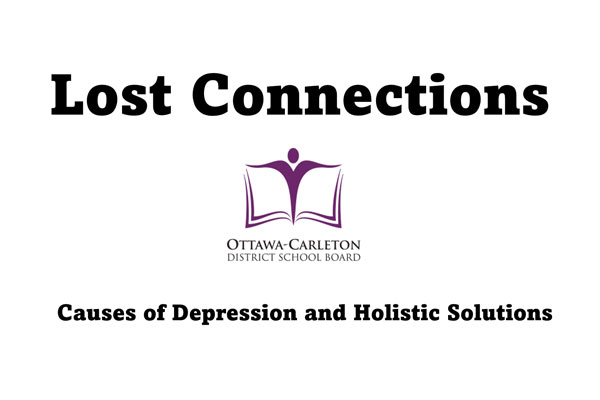A facilitator is someone who shapes and guide the process of working together so that a group meets their goals and accomplishes what they’ve set out to do. While a group of people might set the agenda and figure out the goals, one person needs to concentrate on how you are going to move through your agenda and meet those goals effectively. This is the person we call the “facilitator.” Any organization is geared towards action. There are urgent problems and issues we need to tackle and solve in our communities. That’s why we came together in the first place, isn’t it?
Why do you need faciliation skills?
The more we know about how to shape and run a good learning and planning process, the more members will feel empowered about their own ideas and participation, stay invested, and take on responsibility and ownership.
The value-added of process facilitation is to help groups think better and faster toward meeting their objectives. The facilitator is to ask the questions that allow the group to explore and address any shortcomings.
In the case study, a difficut topic is being explored: mental health. Difficult conversations will be uncomfortable. But, with the right preparation and strong facilitation tools and methods, there is great benefit of the individual and community.

CASE STUDY:
The Ottawa Carleton District School Board was providing a series of programs. They identified barriers to parent engagement in their
own community and this program was to find local solutions to involve more parents in support of studentachievement and well-being.
They identified that mental well-being was a large part of lack of engagement and wanted to have these important discussions to bring these conversations into the households, inform parents, and equip them with the tools to support students.
The objective of the workshop was to provide a safe space to normalize conversations about mental health and to equip participants with the knowledge and skills they need to proactively and effectively support how they can increase their sense of connection to themselves, with others, and to a higher purpose. This program wanted to provide parents with resources on mental health and well-being and healthy living.
As a facilitator, I was cognizant that participants should feel comfortable to engage in this conversation – this is a sensitive topic and people may want to share their own experiences or those of people they know. As a content expert, it was important that participants are informed about mental health challenges, inspired to take action and empowered to implement the actions plan.
A community-based approach to mental wellness is key among the solutions. Students are more likely to succeed when their parents are engaged in their learning.
Participants included parents, students, caregivers, and teachers.
Facilitating a sensitive discussion can be emotionally charged, especially if participants have opposing views and opinions, yet it’s important that these meetings take place because every solution begins with a conversation! The design for this session relied on asking important questions. I used Technology of Participation’s focused conversation method: a structured process that helps a group journey through a conversation together.

The Method: ORID
I knew the tool that was needed was a focused conversation that uses the ORID (Objective, Reflective, Interpretive, Decisional) method. ORID is method that was developed by the Institute for Cultural Affairs. This tool allows the group to have the discussion to clearly identify the relevant facts (objective), be aware of their feelings and perceptions surrounding these facts (reflective), analyze the facts and feelings and interpret accordingly the implications (interpretive) and then to make decisions intelligently (decision).
The focused conversation method begins with a specific topic and a tangible beginning point. The content comes from the participants, who bring to the conversation some degree of diversity in their life experiences.
It is magic to watch the process unfold, and in the end, participants walked out of the meeting with less stigma, the sense that they are not alone in their feelings, and most importantly, responding to the situation as they now have tangible steps to implement to help them get to their desired state.
The Outcome
When we avoid difficult conversations the issue never has a chance to be resolved. Plus, as we play the stories over and over in our mind, the stories gets louder and the people in the stories become bigger and bigger villains.
Facilitation simply works. It is a critical skill needed in government, civil society, and business, if humanity is to deal with climate chaos, ecocide, racism, fascism, and other challenges that are coming to light.

